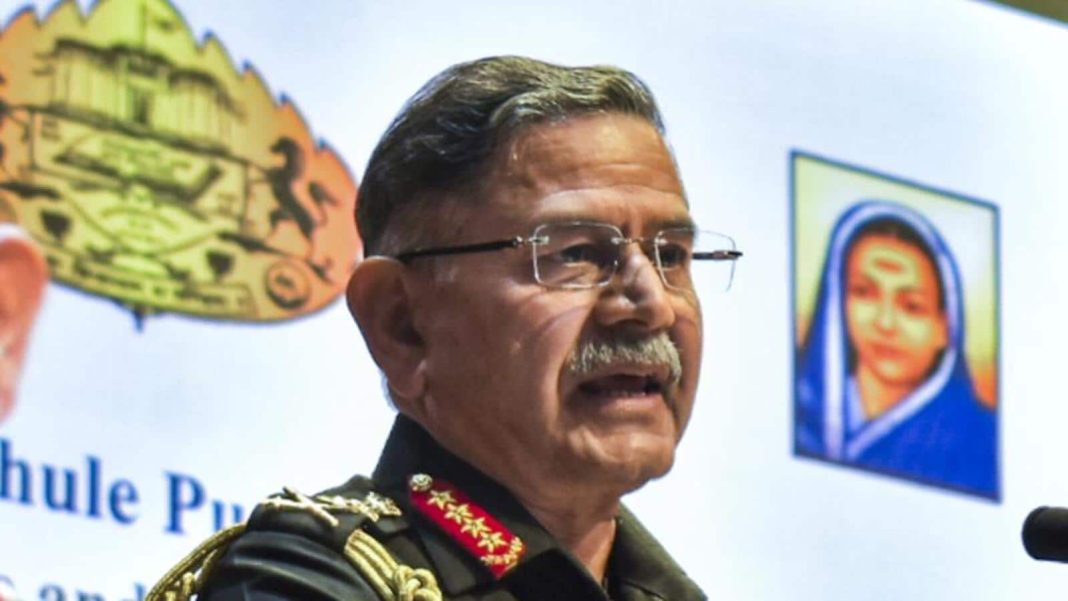In a significant address delivered at Savitribai Phule Pune University, Chief of the Army Staff (COAS) General Upendra Dwivedi elaborated on the Indian Army’s transformative role in Jammu and Kashmir, stating that the institution has effectively transitioned the region from a narrative of terrorism to one of tourism. He drew upon India’s historical context, referencing the integration of over 600 princely states, including significant ones like Hyderabad and Goa, highlighting the military’s essential role in this process.
General Dwivedi unveiled initiatives aimed at promoting tourism in previously battle-scarred locales, noting that the army is opening iconic battlefield sites such as Kargil and Galwan to visitors. This initiative is designed to provide tourists with a first-hand experience of these revered sites and to foster a deeper empathy for the sacrifices made by soldiers. He mentioned that the Army Adventure Wing has facilitated the security clearance and coordination for approximately 42 such trips in recent years.
In his lecture titled “Role and Contribution of Indian Army in Securing India’s Growth Story,” the Army Chief underscored the multifaceted contributions of the military, emphasizing its crucial role in enhancing national security, development, and strategic growth. He recognized the untapped potential of tourism in border areas, revealing that the army has identified 48 locations to promote tourism, with ambitions to double the number of tourists visiting these regions over the next five years. As part of this initiative, the army is committed to supporting adventure activities and training local residents in related skills like mountaineering.
General Dwivedi detailed several major projects currently underway, such as the Trans-Himalayan trek, the “Soul of Steel” trek in Uttarakhand, and new trekking opportunities to the Siachen Glacier, integrated into a broader border tourism strategy. He emphasized that infrastructure development is foundational to sustainable growth, covering essential sectors like transportation, communication, agriculture, water resources, health services, sports, and education.
In opening the discussion, General Dwivedi positioned security as a facilitator of sustainable development rather than a hindrance, proclaiming that the Indian Army is crucial in creating a “Progressive” and “Peaceful” India by 2047. He referenced the conceptualization of the National Disaster Management Authority (NDMA) by General NC Vij following the devastating Bhuj Earthquake in 2001, reiterating the army’s proactive involvement in disaster management and humanitarian efforts.
Reflecting on the legacy of the late General BC Joshi, General Dwivedi called him an ideal model of military professionalism and leadership, stating that Joshi’s insights significantly inspired his vision for military transformation. He asserted that the Indian Army is committed to enhancing the country’s global strategic influence through participation in United Nations peacekeeping missions and expanding defense diplomacy across the globe.








